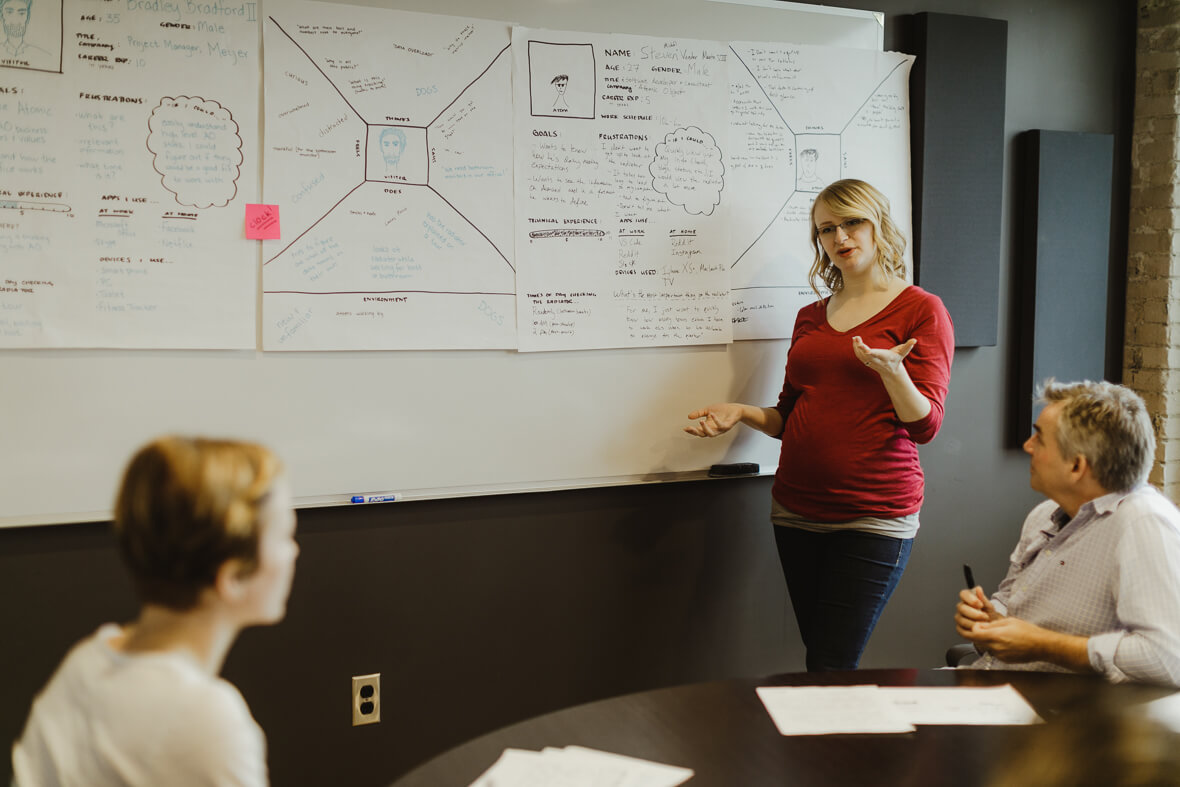Article summary
If there’s one critical consulting skill that’s often overlooked, it’s listening. I’m talking about real active listening — hearing what the client is saying.
Many consultants focus on impressing clients with the depth of their knowledge. They get so engrossed with their own knowledge, they don’t even realize that all they hear is their own voice. They will claim afterward that they listened to the client and know what they want. But they were more interested in listening to themselves talk.
What they’ve really missed is the chance to create a deeper relationship with their client.
Why Listening Is Important
Everyone wants to be validated. Do you hear me? Do you see me? Listening is a powerful way to create trust with your client. They are looking for signs that you really understand their problem and will work with them to find a solution. By really listening to them, you show that you’re putting their needs first.
Active listening is an essential skill for effective leaders. It provides a path to new information and deepens the pool of understanding. When resolving conflict, it creates strong relationships. It engages people in solving problems. And it allows you to express empathy through your engagement with others.
How to Improve Your Listening
There are some simple practices you can follow to become a great active listener.
1. Eliminate Distractions
To really listen, you need to focus completely on the person talking.
- Do not allow other conversations to happen.
- Turn off all computer distractions (no Slack messages, no text messages, no emails).
- Eliminate personal distraction (no hunger or personal preoccupations).
- No rebuttal building. Don’t build a counter-argument while someone is talking.
To be a really great listener, you even have to put aside note-taking while someone is talking. Oprah Winfrey is considered the premier example of a great listener. Have you ever seen her taking notes while someone was talking?
2. Stop Predicting
We sometimes find ourselves mentally finishing other people’s sentences since we think we know what they will say next. While we may be right, especially if we know the speaker very well, it’s a trap. We’re not really paying attention to the speaker. Rather we’re pre-empting them and making up our own minds about what’s coming next.
3. Engage with Your Eyes and Body
Make sure you are giving the speaker eye contact. Your body should be turned towards them. You must be focused on them even when they are not focused on you.
Pay special attention to their body language. Fifty-five percent of the information we take in comes from the speaker’s non-verbal cues.
4. Ask Questions
This seems pretty obvious, but it’s the difference between good consultants and great consultants. The goal is to get the speaker to share more information. You want to help them tell their story and keep their train of thought, and you want to deepen the pool of meaning.
5. Restate What You’ve Heard
Here is where a good listener shines. Your goal is to clarify what the speaker has shared by restating what you heard in a different way. This helps you bond with the speaker and shows you are paying attention.
However, be wary of interrupting them while they are speaking. You want the speaker to share their entire story without having to change direction or become confused. You want to show that you respect them and heard them completely.
6. Be Silent
There is power in silence. After you’ve asked questions and restated what you’ve heard, silence gives the speaker space to form their thoughts. It allows them to respond without interruption.
People are often uncomfortable with silence and will work to fill the space. Use silence to show respect to the speaker and to think about what you’ve heard.
Reflection
The average person talks at about 125–175 words per minute but we can listen at up to 450 words per minute. That’s why we’re able to take in so much more than just the words the speaker says.
As kids, we’re told to listen but not taught how to listen. Fortunately, we can improve our listening skills with practice. And the improvement gained can make the difference between being just a good consultant and being a great consultant.

